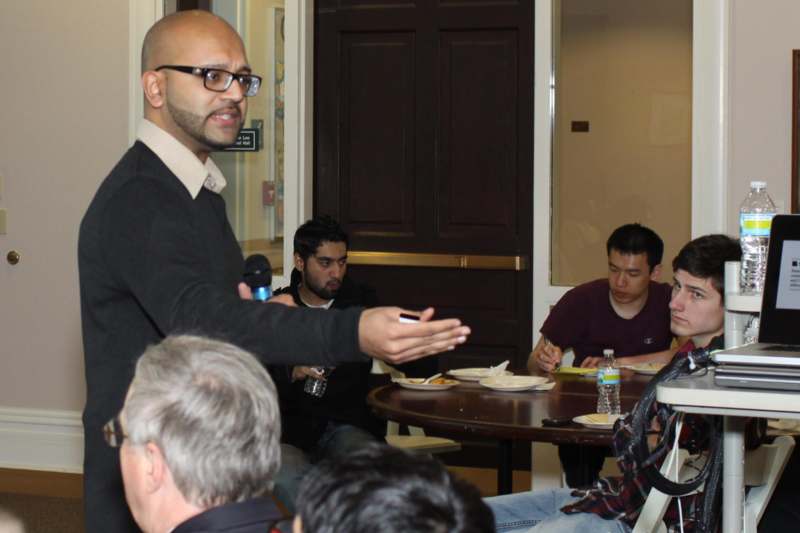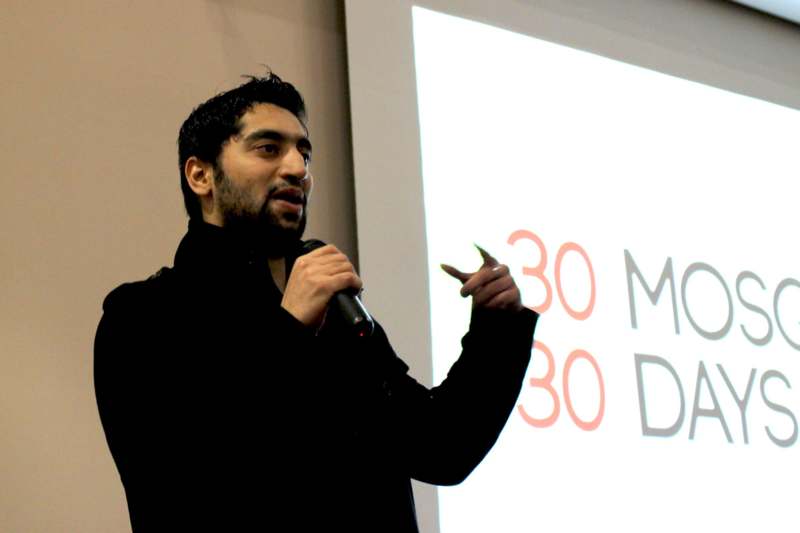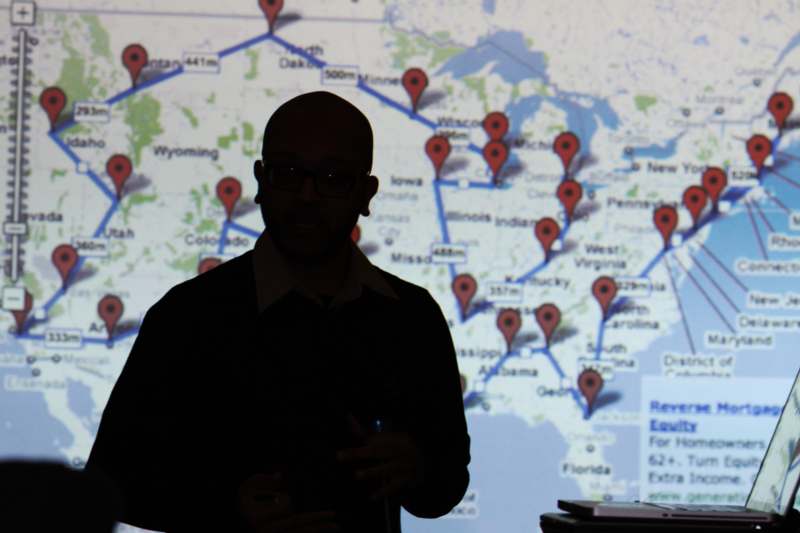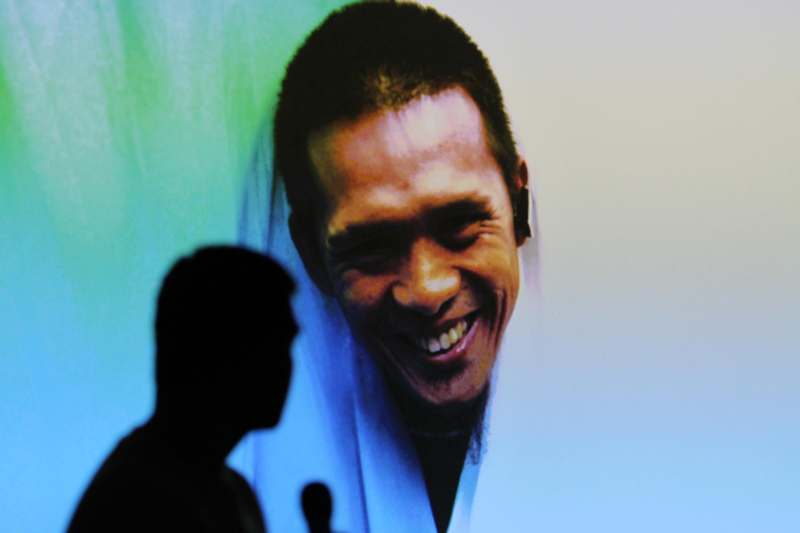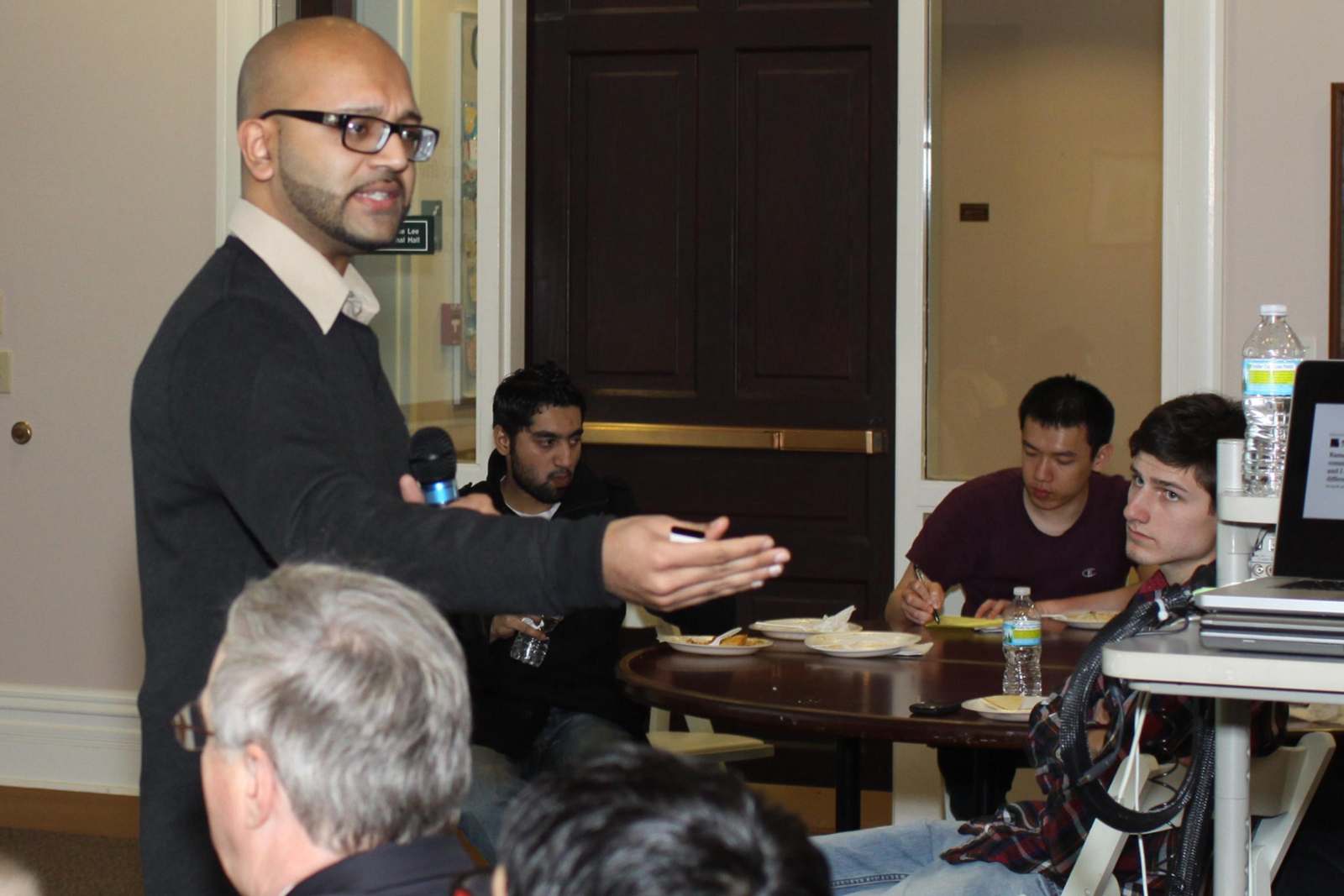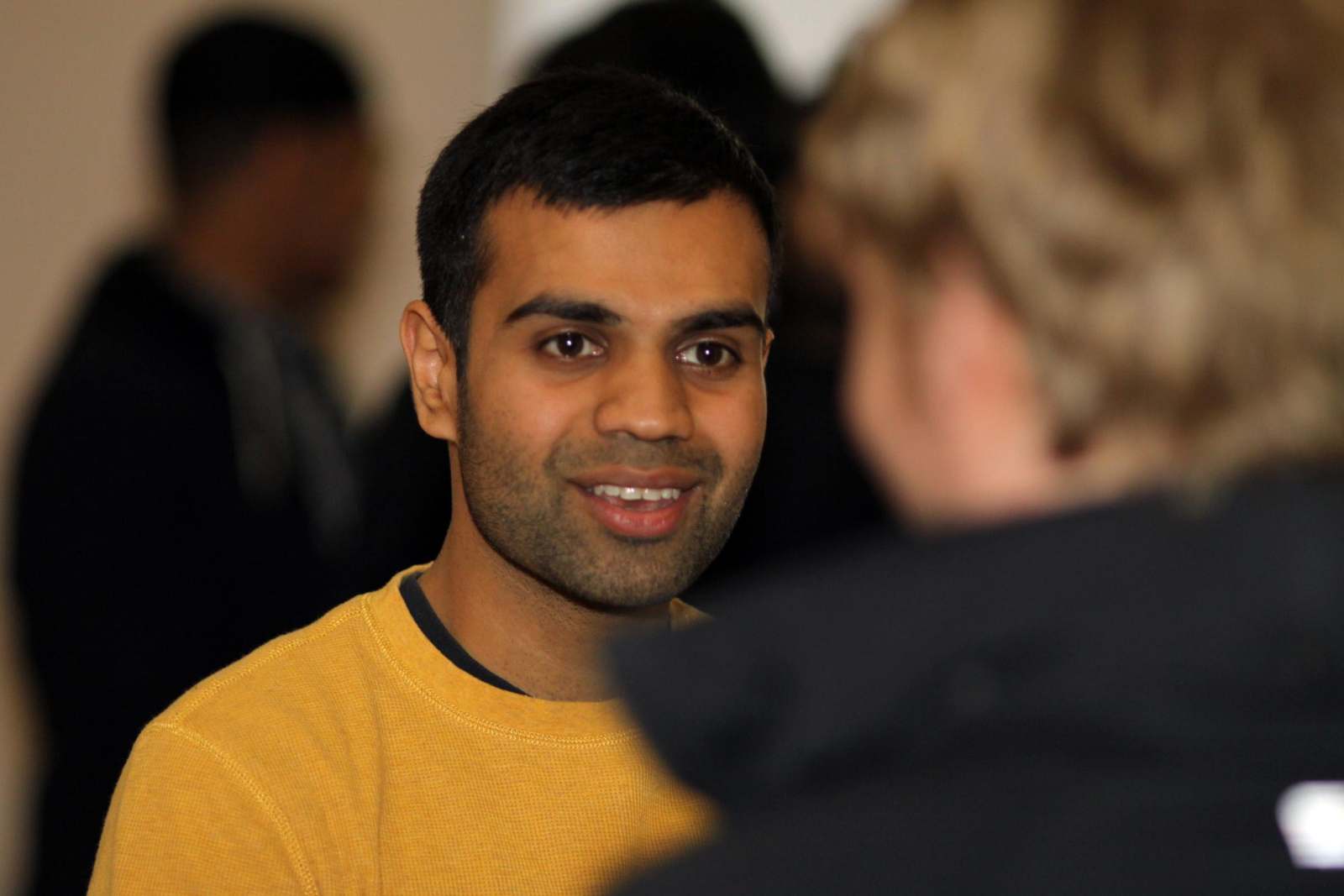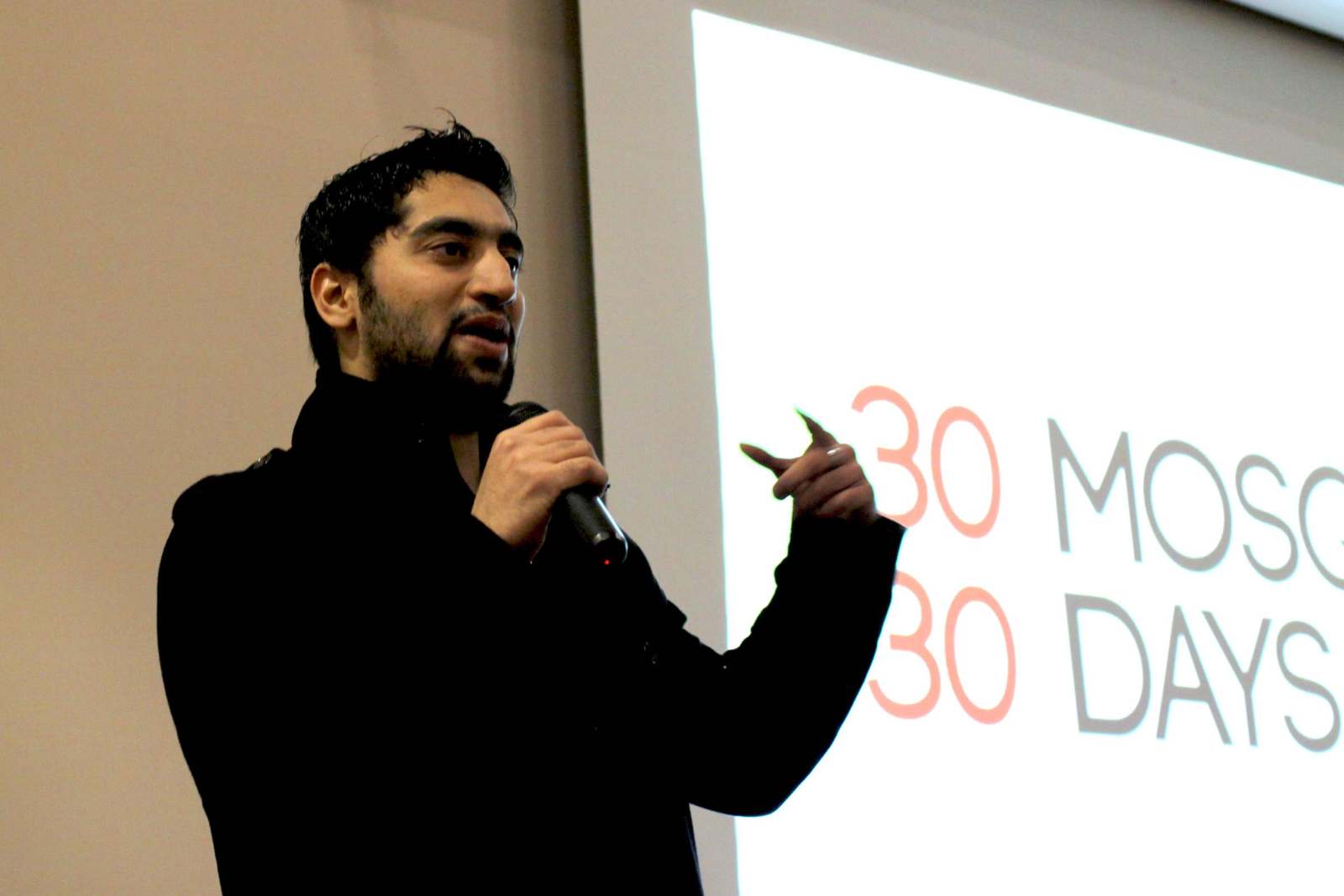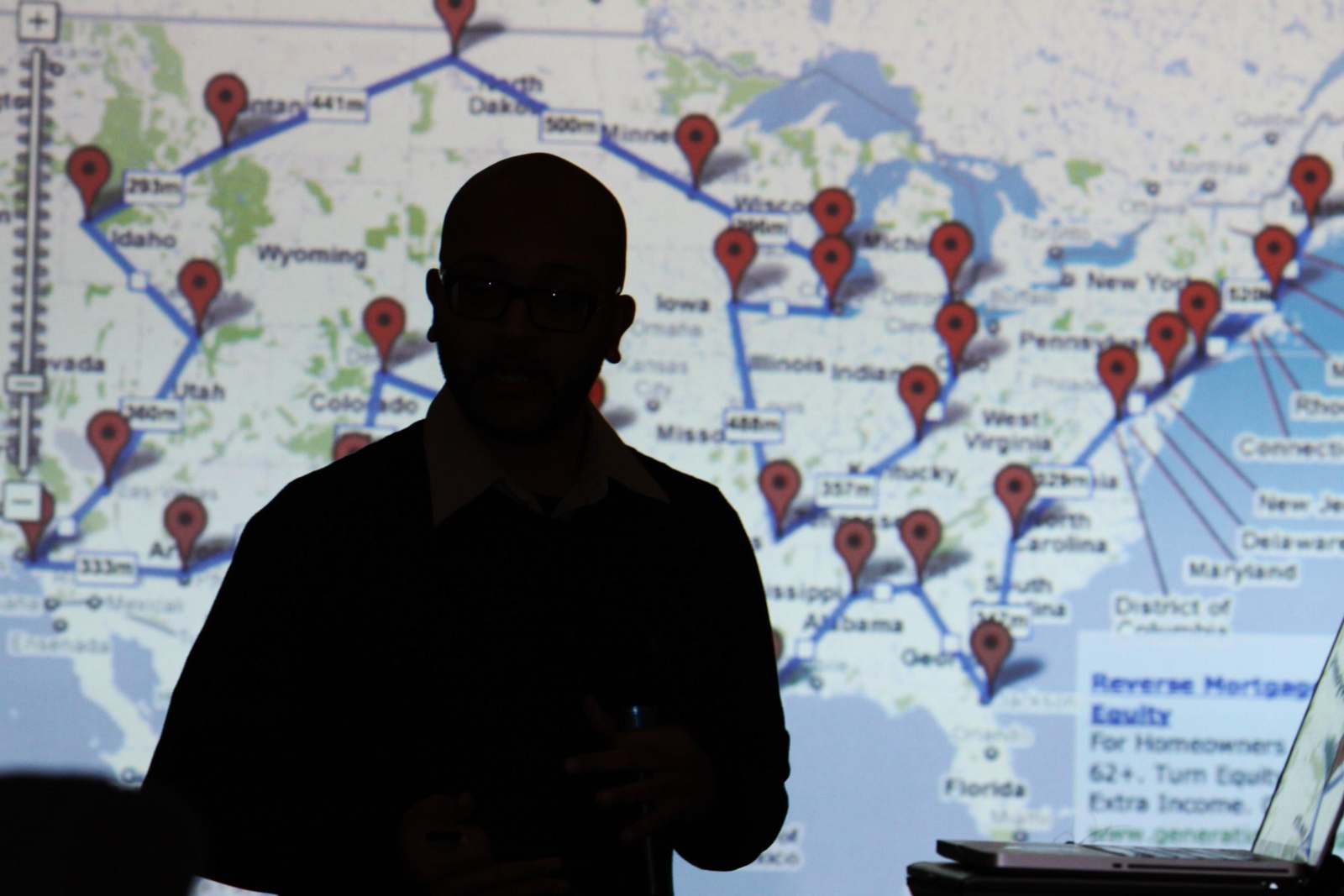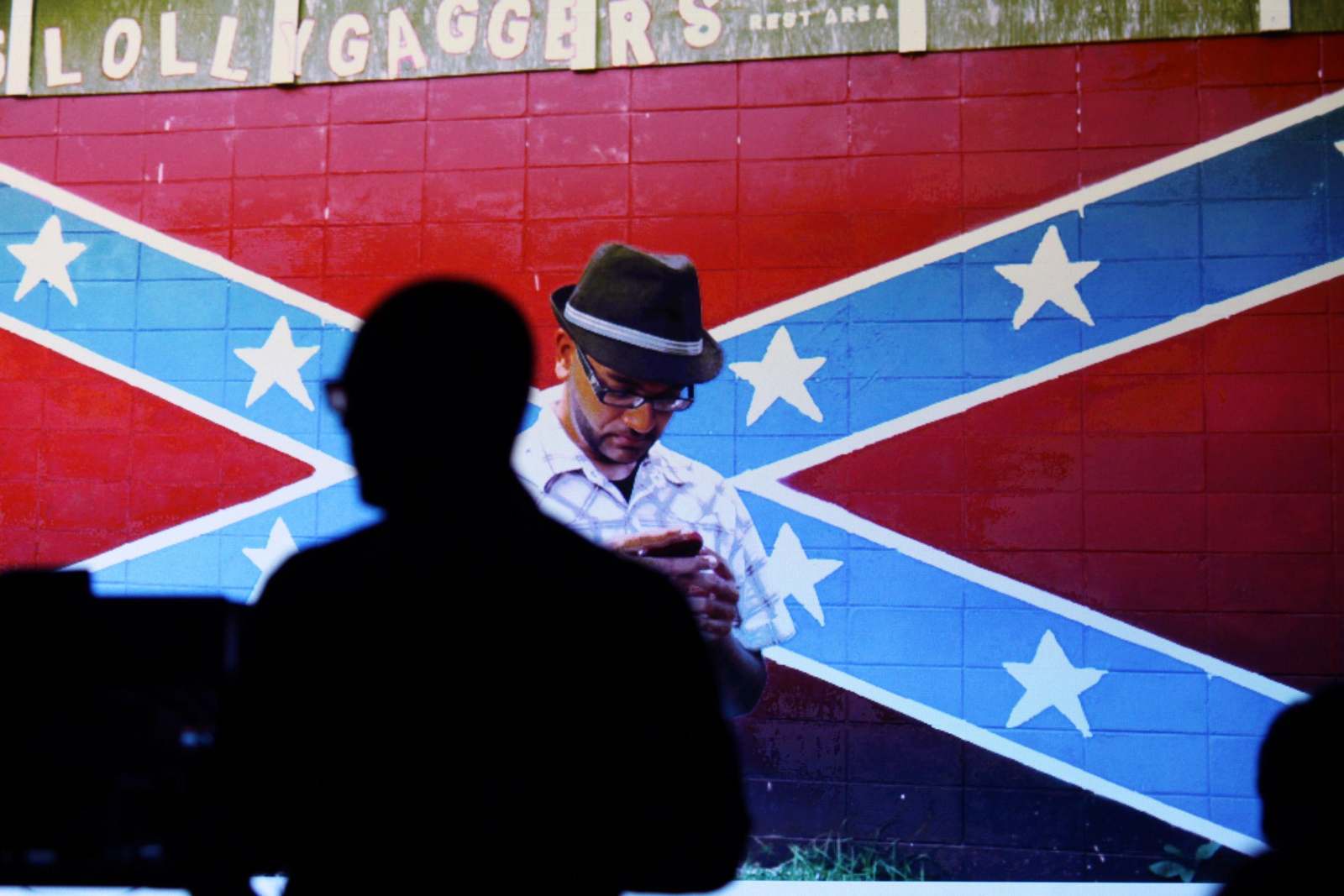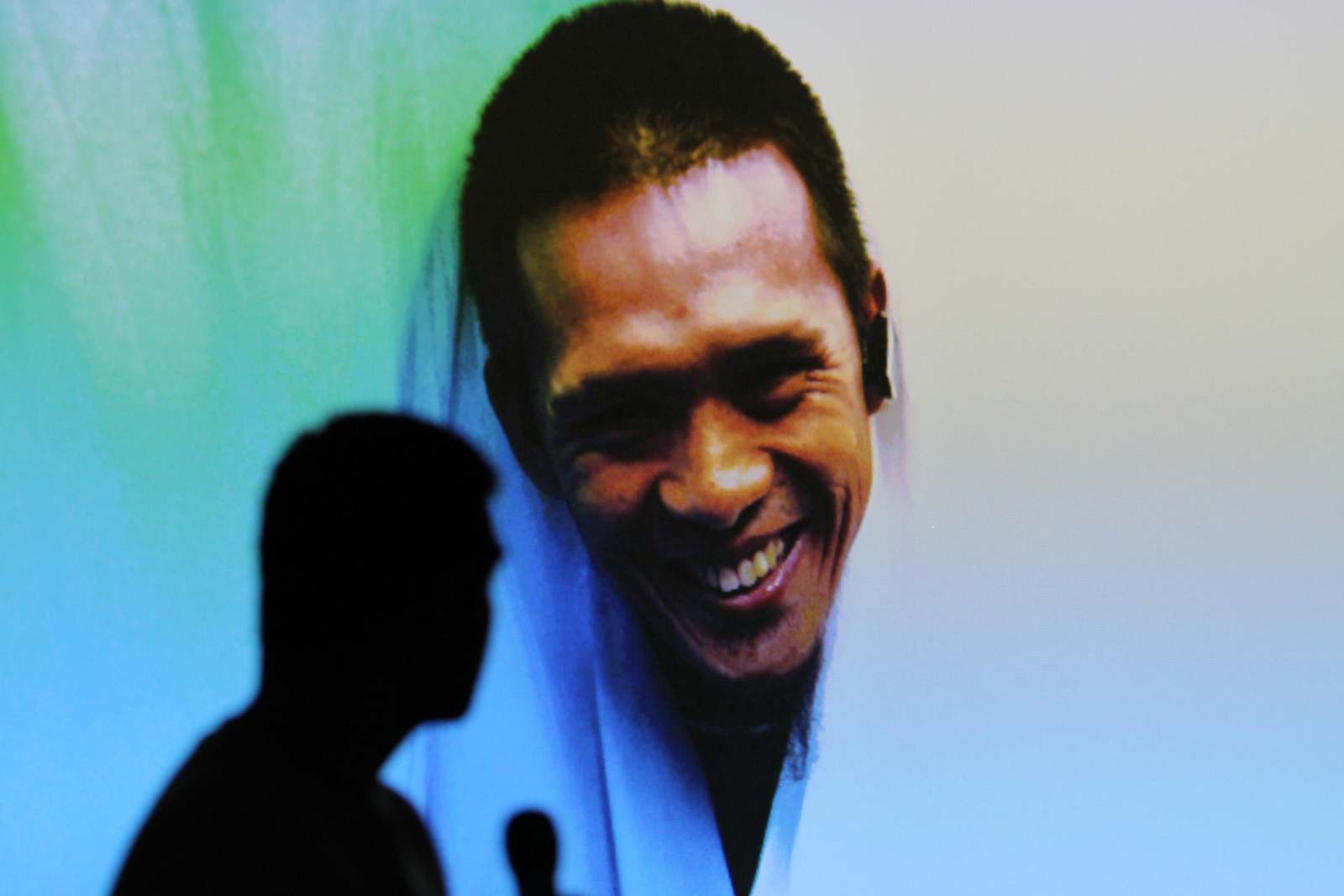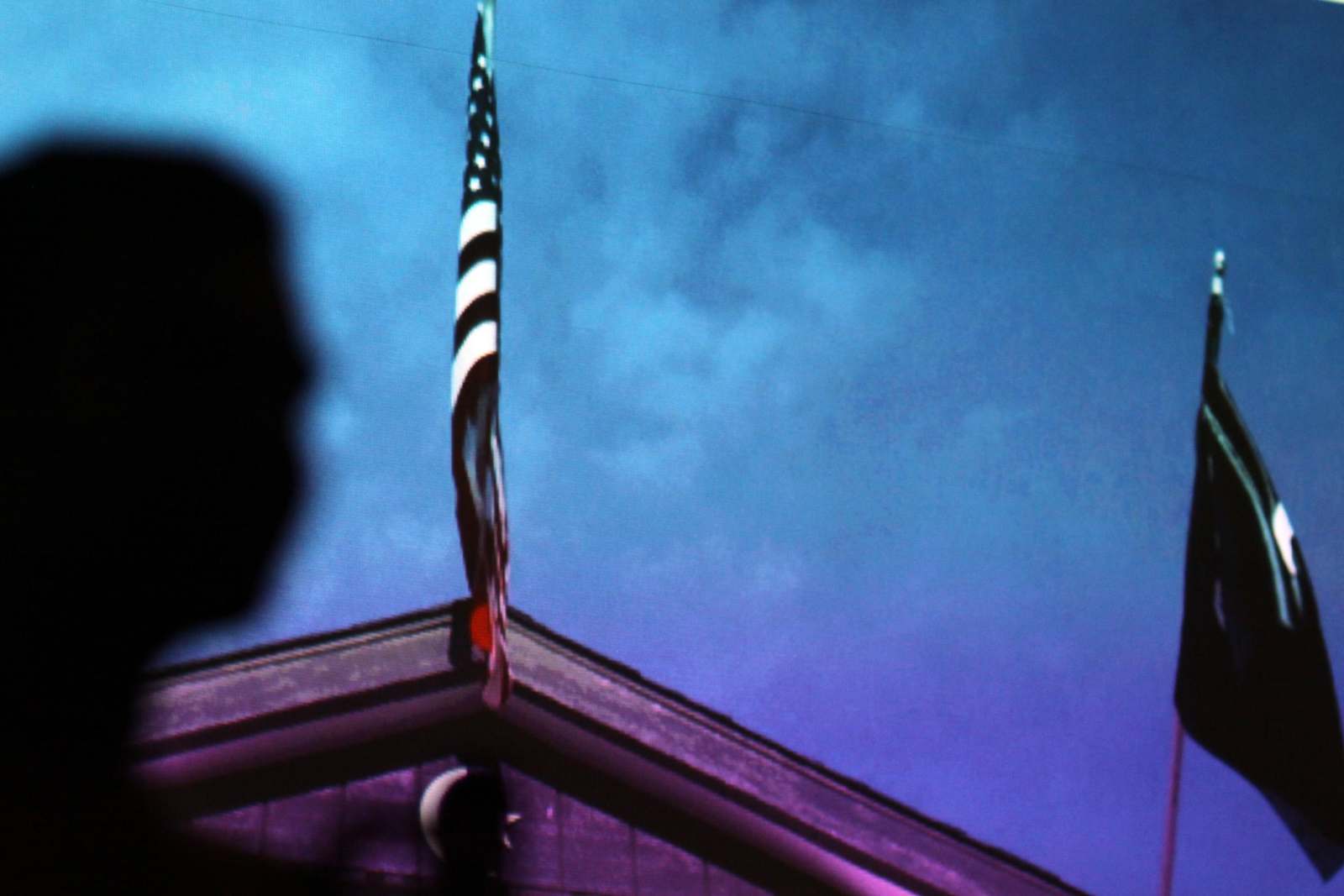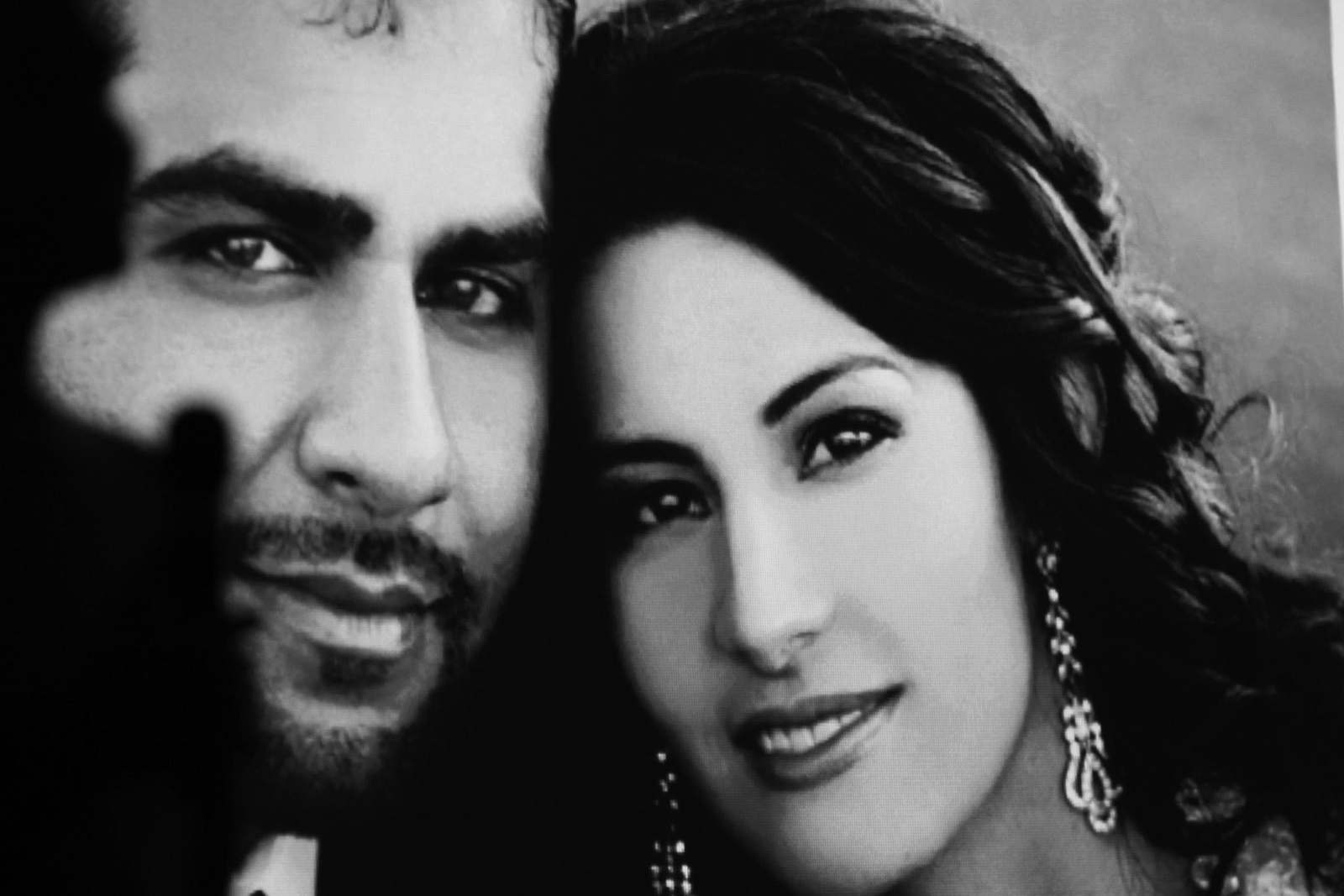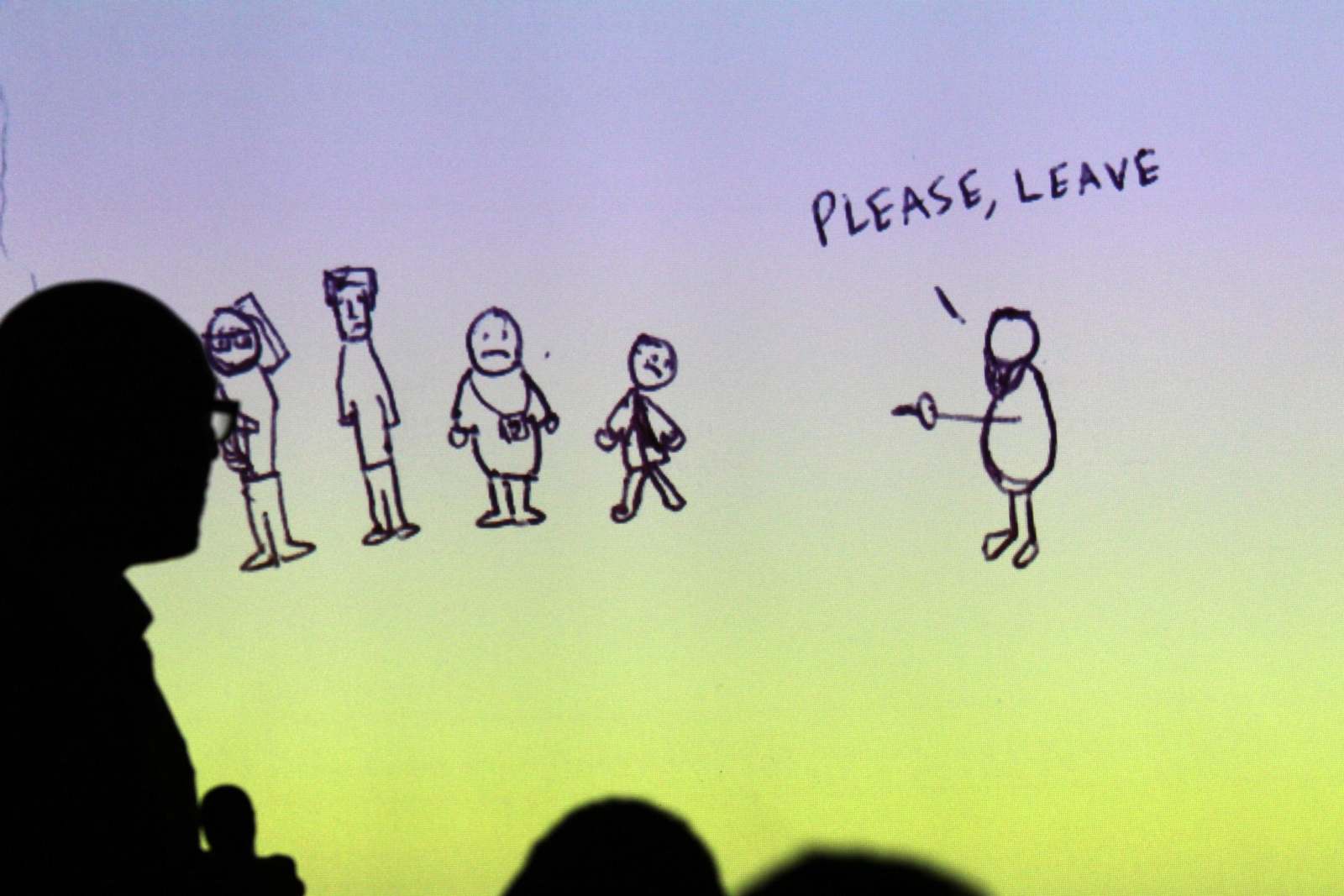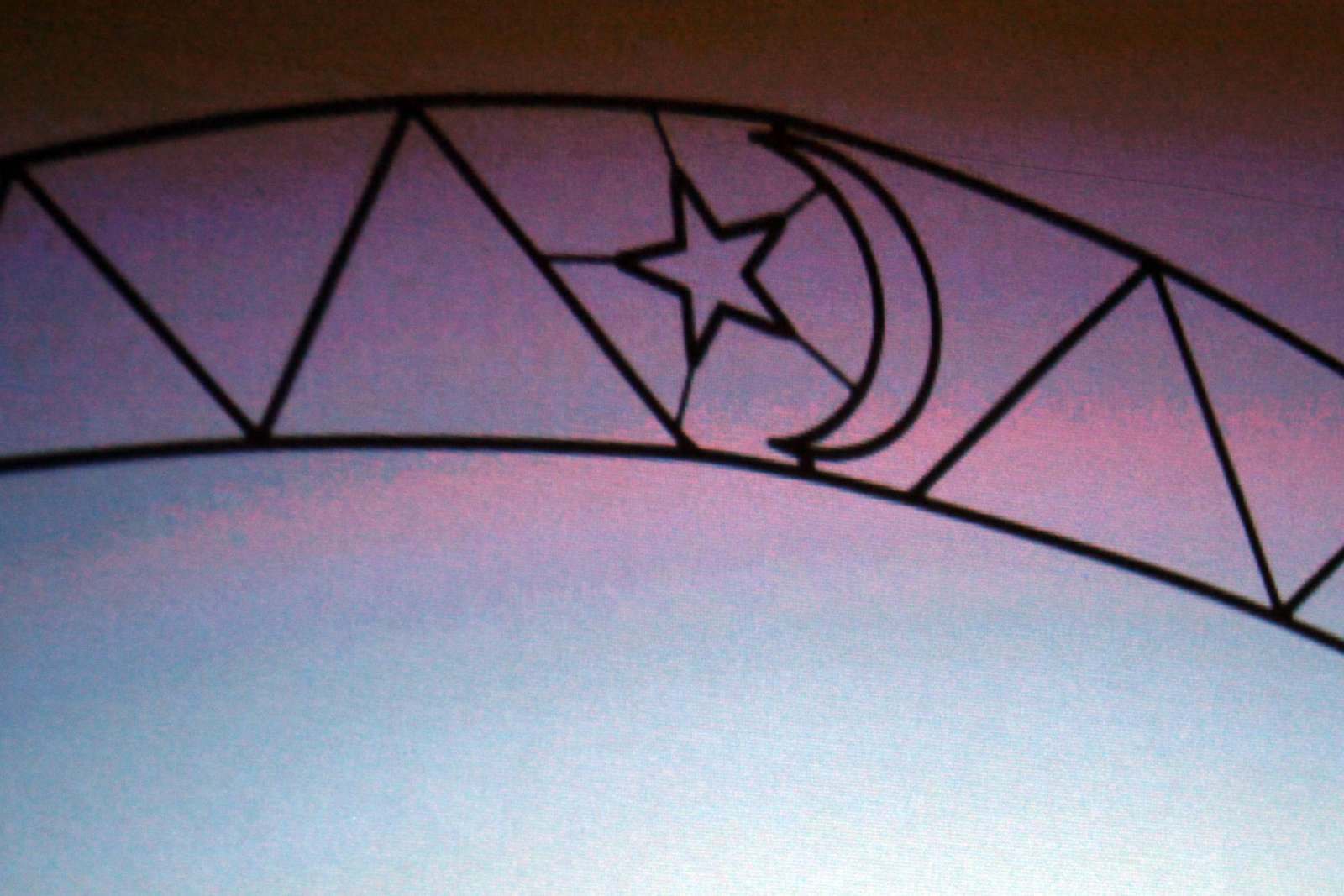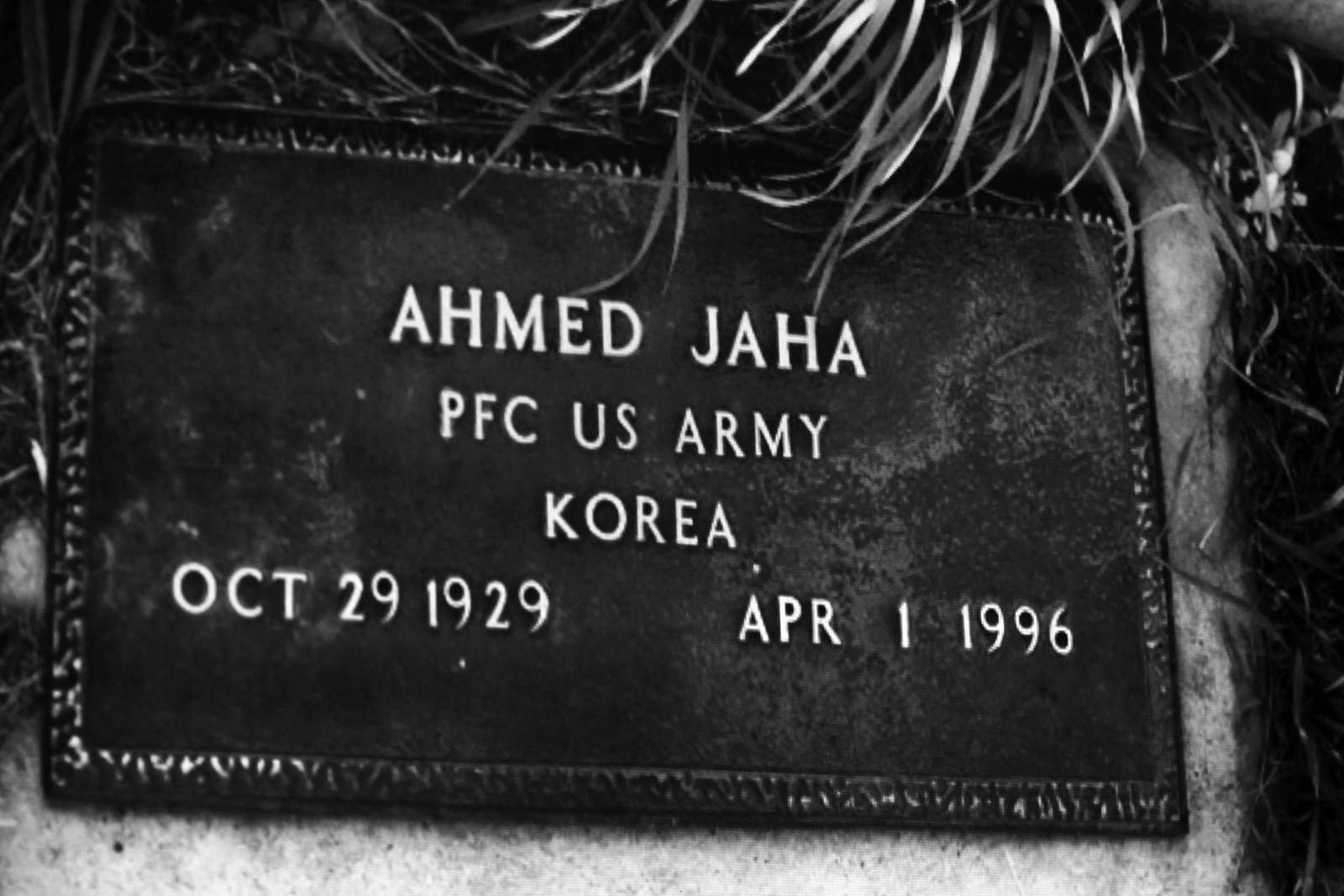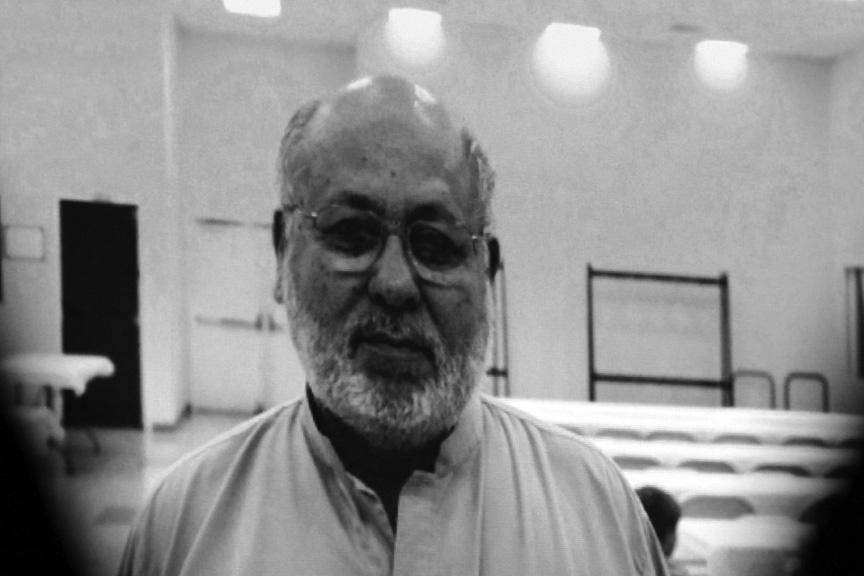30 Mosques/30 States Speakers
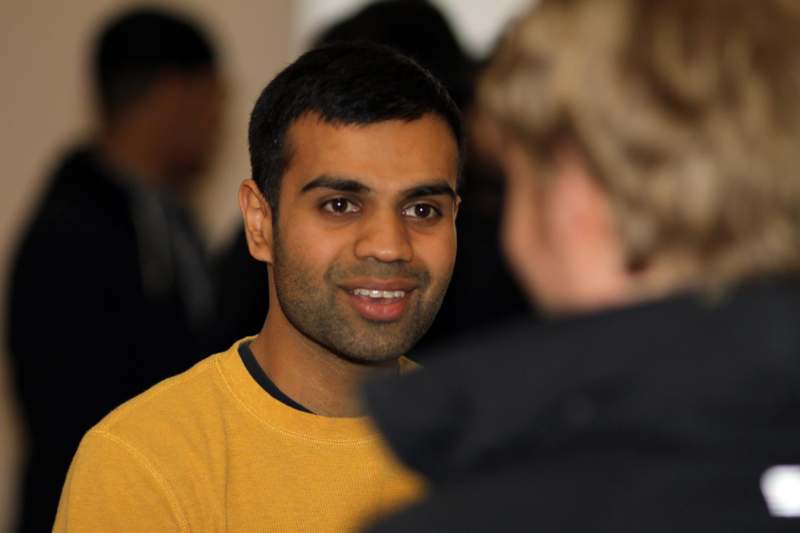
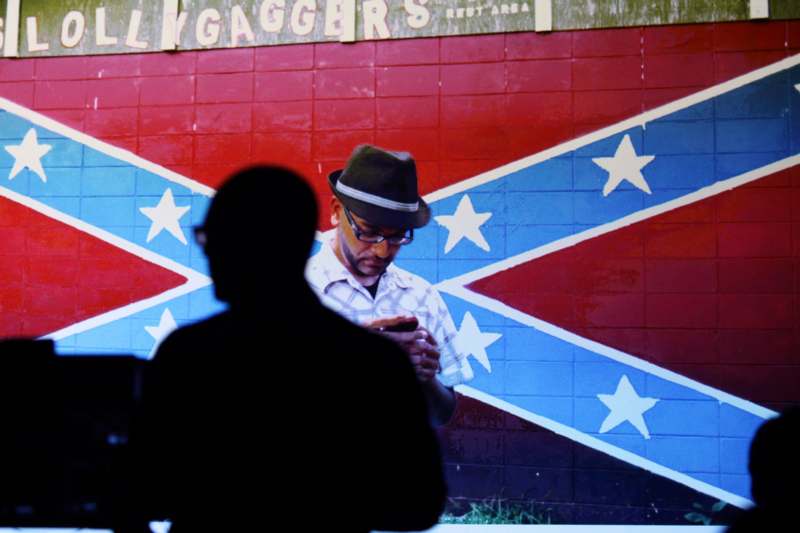
In Florida the men saw a Confederate flag over a souvenir shop.
"We decided that flag was too awesome to pass up without posing for a photo next to it," Ali wrote in a blog entry from the trip. "The flag off the highway exit stands next to a Confederate souvenir shop by a mosquito ridden pond. Three men sitting at a bunch in front of the shop begin staring at us as we pull into the place’s gravel parking lot.
“Let’s not go in,” one of the CNN guys in the car says, afraid of what might happen if two brown guys walk inside a Confederate shop.
"But to our surprise, Robert was incredibly friendly. He talks in detail about how he’s frustrated with how Confederate flags get a bad rap and how he condemns all the racist connotations people associate with the flag. He said everyone is welcome in his shop regardless of where they come from.
"The guys at the shop turned out to be some of the friendliest people I’ve met on this journey. I expected them to be all prejudiced towards me, and here I was being prejudiced towards them."
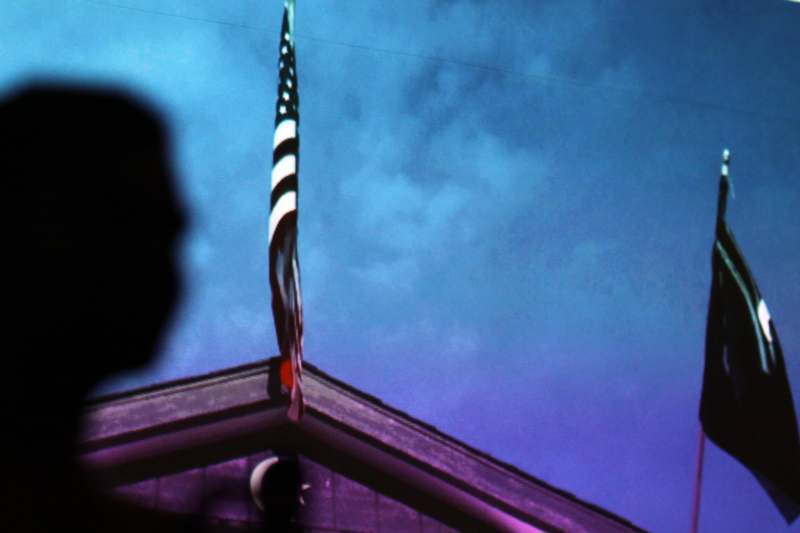
During a stop at an Idaho mosque, the men wrote this:
"During the Ethnic Cleansings in the 1990′s, the US government helped bring thousands of Bosnian families to America.
"'It’s a lot like home here,” Merzeen, a construction project manager who came to Idaho 12 years ago from Bosnia, says, 'the climate, the outdoors.'
The two noticed the American flag was flying higher than any of the other flags on the mosque, Asked why, the man said, "Because America is our home. This is our Bosnia."
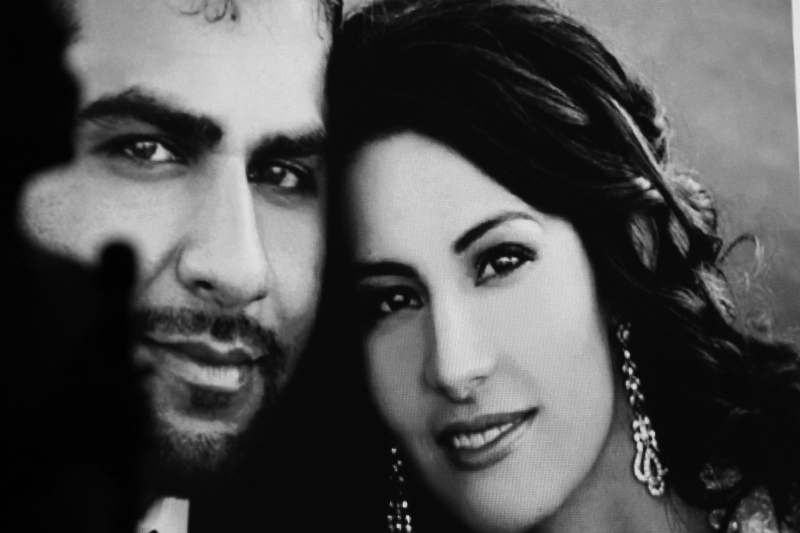
In Salt Lake City, the men met a Muslim man married to a Mormon woman.
From their blog entry from that day:
"Faraz has been married to a Mormon woman for a little over a month. But he has known his wife Erika for almost 10 years so I asked him the reasoning behind why it took a decade to tie the knot.
“That’s because it took some time to convince her family,” he said with a chuckle.
"Faraz spent most of his life in Utah and easily stood out in school as not just the only Muslim in school, but only minority.
“In middle school, here I was, this big 5’10 Pakistani dude in Salt Lake City,” he said laughing again.
Faraz is a brawny guy who speaks with an intriguing twang. He’s the kind of person who likes to strike up a conversation with anyone. We met him at the Utah Islamic Center, a mosque inside of a shopping center in the Salt Lake City area that’s home to a few dozen families who congregate here. Bassam and I didn’t know a lot about the Muslim community in Utah prior to arriving and Faraz graciously helped us out getting us connected to the people we should meet before leaving.
Islam doesn’t prohibit Muslim men from marrying Christian women, but many cultures that follow Islam see it as some kind of unwritten taboo (in my opinion). Faraz doesn’t want to sensationalize the adversity the Muslim community here gave him for marrying a non-Muslim white woman, but it was definitely there to some extent.
Faraz said his wife isn’t a strict Mormon but it took her mother and stepfather an extensive amount of time to warm up to him, not because of who he was personally, but were understandably concerned that his wife would lose her Mormon identity.
But what made it easy through the years was Faraz’s family was always on his side. Before getting engaged, Faraz made the Hajj pilgrimage to Saudi Arabia with his family. There, his father asked him to pray to Allah if Erika was meant for him. Months later, he got married.
Faraz said it might have been a little awkward at the wedding, everyone enjoyed themselves. But he takes his entire journey in stride, because at the end of the day, there is still plenty of love all around both families. He said his mom and Erika have begun to bond over cooking. Erika, he said, is quickly becoming an expert at South Asian cuisine.
There is still plenty of love all around both families. He said his mom and Erika have begun to bond over cooking. Erika, he said, is quickly becoming an expert at South Asian cuisine.
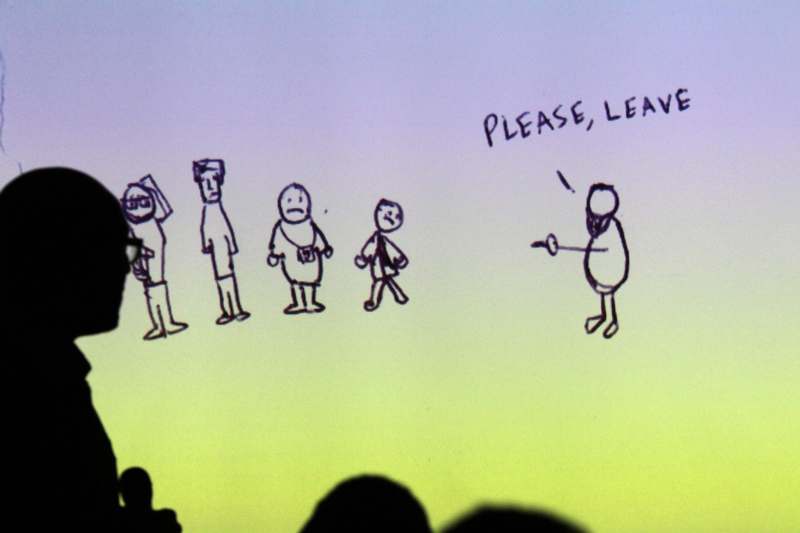
After entering a mosque in Mobile with two reporters from CNN, Ali and Tariq were told their guests would have to leave.
They write about the encounter:
The Imam looks right at the CNN guys and points to the door.
“Please leave.”
Within seconds, our CNN friends were out the door. Which left just Aman and I with the Imam. An awkward silence takes over the room and then he continues.
“Why didn’t you guys contact us before coming?” he said.
We apologize for the last minute visit we planned but tell him we tried to get in touch with the mosque but no one picked up.
The Imam stayed quiet.
“Is it okay if we pray here?” I ask.
“Ha, of course,” he says. “This is the house of Allah. I can’t stop you from praying.”
I quickly wash up and pray. We meet up with the CNN guys, Wayne and Robert, standing around in the parking lot. I apologize to them about getting kicked out and we head out of the mosque.i
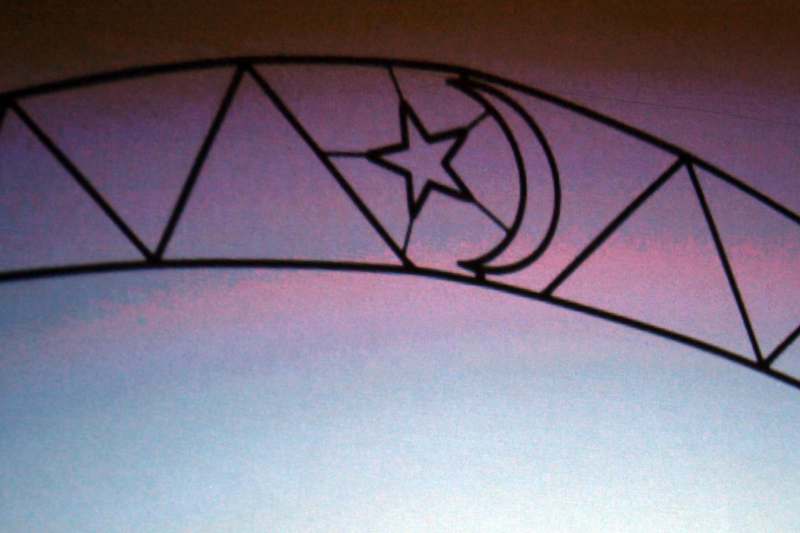
After hitting a rock in Montana slowed their journey, the men stumbled upon another discovery—the oldest mosque in North America, which they discovered was in Ross, North Dakota.
They write:
Ross is home to the first mosque that was ever built in the United States.
A Syrian farmer by the name of Hassan Juma immigrated to the U.S. and settled in Ross in the late 1800s. More Syrians came into town shortly after and the community built a mosque in 1929 after spending years praying in each other’s basements.
It was later demolished in the 1970s but there’s a Muslim cemetery nearby where many of the original community members are buried. In 2005, a new mosque was built on the same land as the original mosque.
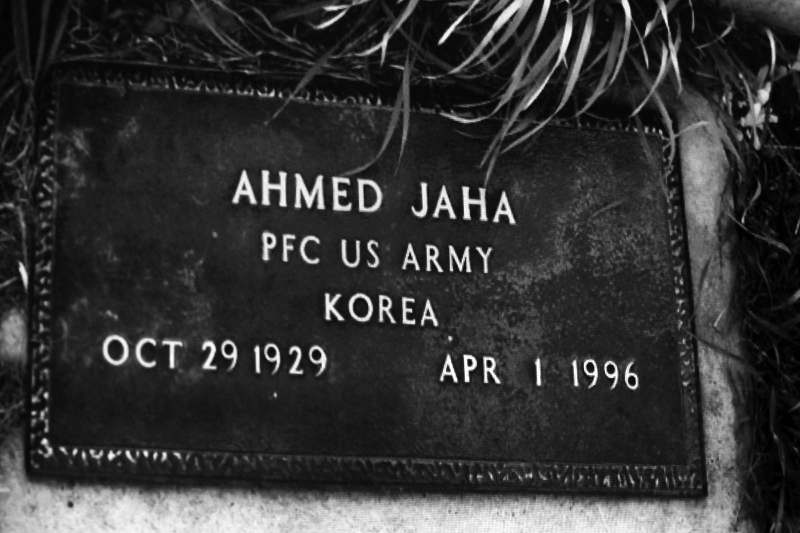
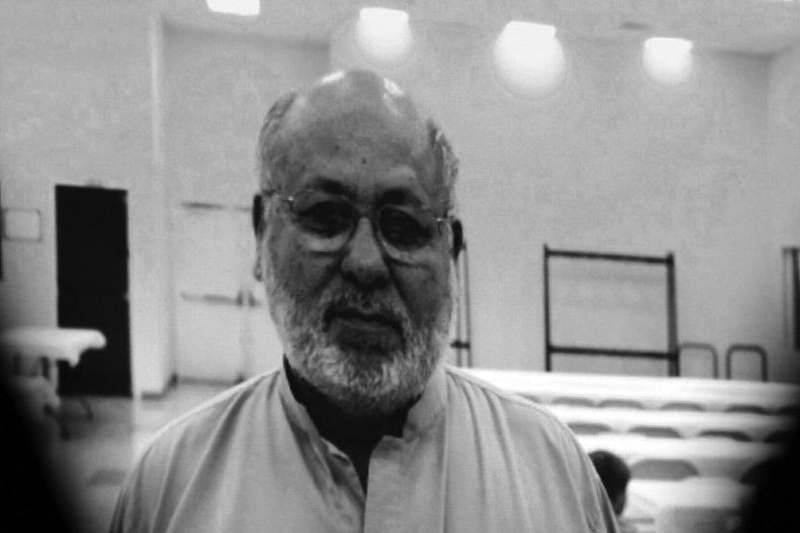
In Las Vegas, the men encountered a Muslim father who had worked at casinos in the city for 30 years—work frowned upon in the Muslim community.
They write:
Amanullah has been working in casinos for over 29 years.
“Nobody enjoys this work,” he tells me as he sips on a cup of chai. “But we do it because we want a better life for our kids.”
Amanullah oversees slot machines at the MGM Grand Casino and is a board member of the Jamia Masjid, a mosque in downtown Las Vegas just minutes away from The Strip, the city’s infamous road of casinos and hotels.
Gambling is prohibited in Islam, but Muslims working in casinos is somewhat common here.
Amanullah smiles with an almost cotton-like beard as he talks about the spiritually grueling lifestyle he lives, so that he can make a better life for his kids. He’s an active person at the mosque and I can only imagine the type of criticism he gets from his fellow Muslims for working in casinos.
“In all my years I’ve never gambled or sipped a drop of alcohol,” he said. “I’ve never enjoyed seeing any of this around me and as I get older it becomes more and more difficult to stand this. The only thing that gives me peace is my family and the masjid.”
I stared into Amanullah’s eyes and began thinking about my father. My father travelled 5-6 days a week on the road for a baking company and never enjoyed a single moment of it. But like Amanullah, he did it for his kids. The bags under Amanullah’s eyes remind me of my dad’s as he came home from a long week of work too exhausted to do anything but collapse on the couch.
I think to myself, “This is the life these Muslims deal with every day, so that their family doesn’t have to.”

